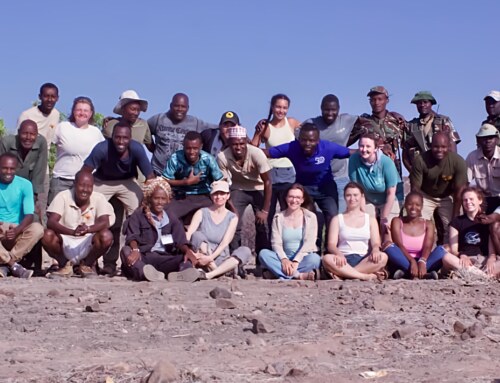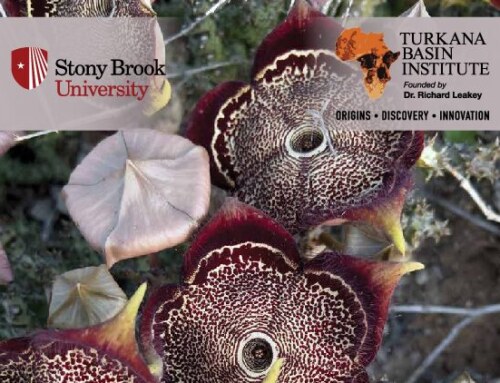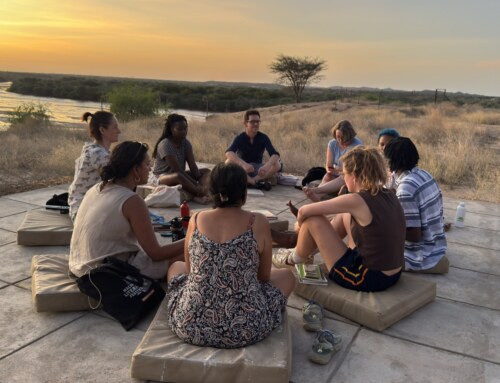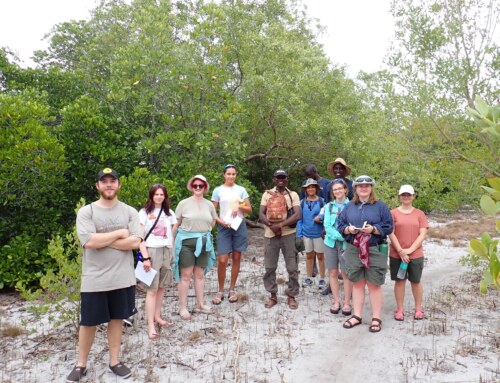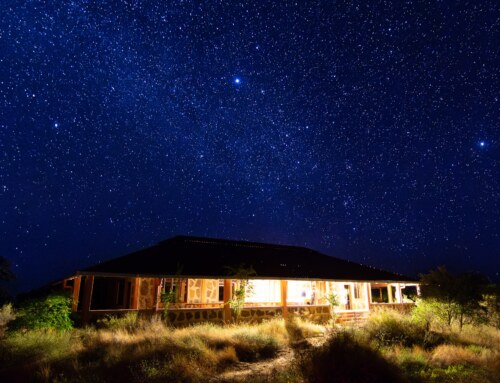The excitement that Alex Chege had upon securing the Baldwin Fellowship has its roots in his journey. Connecting the dots from when he was young, it isn’t by chance that he is now undertaking the Ecology and Evolution PhD Program at Stony Brook University under the mentorship of Dr. Catherine Markham and Dr. Richard Leakey.
In his earlier years, Alex spent much time watching National Geographic documentaries. These included the classics, Crocodile hunter, BBCs Life and Planet Earth. And later reading the highly acclaimed books Guns, Germs and Steel, Sapiens, and The Selfish Gene – just to name a few. His interest for the natural world was always present. Progressively, he became interested in conservation and the crisis of climate change, even as he studied biology in high school and while pursuing his International Baccalaureate at Braeburn School in Nairobi. When the time came to join University, he applied to study conservation biology at the University of Western Australia. This exposure was instrumental in manifesting Alex’s further interest in biology because of his interaction with the unique flora and fauna of the Australian continent. He was delighted to interact with other passionate students who had an interest in conservation. An elective course in biological anthropology appeared to be the course that changed his life. What enchanted him was understanding human behavior and the history of human populations from a biological standpoint, ecology, genetics, transitions of lifestyles and how human practices have changed over the course of time. His honors degree was in evolutionary biology.
After graduating, Alex immediately began working in conservation. He got into a few projects notably an Operation Wallacea expedition in the Calakmul Biosphere Reserve in Mexico. This experience introduced him to ecology fieldwork, conservation and various research methods working alongside an international team. Later he returned to Kenya and worked as a research assistant for the Institute of Primate Research and the Karura Forest Association. This was for both organizations’ Black-and-White Colobus monkey conservation project, which allowed him to build experience studying primates in the field. In October 2019, he attended a conservation talk with Dr. Richard Leakey as guest speaker. Alex wanted to listen to Dr Leakey and to gain insight into his perspective on Kenya’s position in the climate and extinction crisis. Alex sought mentorship as a young Kenyan starting his career in the field. When they met, Alex shared his passion for conservation and evolutionary biology and Dr. Leakey introduced him to a novel project studying how nonhuman primates utilize coastal habitats. Emphasising the importance of this project towards understanding how our hominid ancestors would have accessed marine food resources while navigating coastal margins.

Alex Chege has a passion for conservation and evolutionary biology
Alex was then onboarded to the project and became a research associate with the Turkana Basin Institute working closely with his advisor, Dr. Catherine Markham. It took off in November 2020 after being delayed by the effects of the pandemic that year. On his trip to the research site in Lamu, he began surveying vervet monkey families and studying how these primates were living in these coastal environments. With the help of the local community, he was also able to establish a research site on Kiwayu island. Dr. Catherine Markham and Dr. Isaiah Nengo encouraged Alex to apply for the Baldwin Fellowship, and with their support and valuable recommendation he received the fellowship.
His PhD dissertation will focus on the role of dietary and behavioural adaptations that allow primates to thrive in coastal environments despite enduring numerous physiological constraints. As an enthusiastic photographer Alex also aims to document the scientific and cultural experiences which await him in the Lamu Archipelago. In the future, he hopes to continue research in ecology and evolution and to collaborate with local and international groups in his research.

